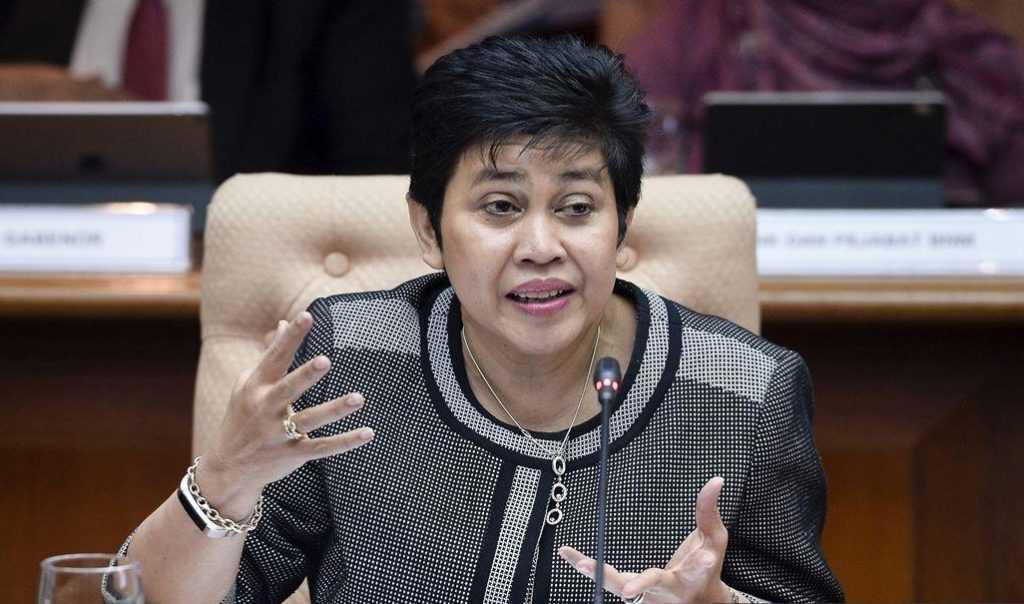Bank Negara governor denies OPR hike has led to more bankruptcies
Nor Shamsiah Yunus says there are no figures to support such an allegation.
Just In
Bank Negara Malaysia (BNM) governor Nor Shamsiah Mohd Yunus has denied that the increase in the overnight policy rate (OPR) has led to a rise in bankruptcies.
She said there are no figures to support such an allegation, adding that as a matter of fact, on aggregate, households have continued to hold financial assets in excess of debt which has enabled them to manage higher borrowing costs.
"I wish to stress that it is not true that the OPR increase caused a rise in bankruptcies.
"We acknowledge there are pockets of segments and sectors that need help due to their circumstances, and help remains available for those in need.
"With all these conditions, it is timely, necessary and warranted that monetary policy is recalibrated to make sure that we continue to be on a sustainable growth path," she said when announcing the first quarter 2023 economic performance at Sasana Kijang today.
BNM at its monetary policy committee (MPC) meeting on May 3, 2023 increased the OPR by 25 basis points to 3.00%. Accordingly, the ceiling and floor rates of the corridor of the OPR were increased to 3.25% and 2.75%, respectively.
Meanwhile, at the announcement, Shamsiah said the decision to increase the OPR was made because the country's economy has continued to strengthen, the gross domestic product has exceeded the pre-pandemic levels, unemployment has fallen and households remained resilient.
She said amid resilient domestic growth prospects, the MPC judged that it was the right time to further normalise the degree of monetary accommodation.
With this decision, the MPC has withdrawn the monetary stimulus intended to address Covid-19 crisis in promoting economic recovery.
"At the current OPR level of 3.00%, the monetary policy stance is slightly accommodative and remains supportive of the economy," she said.
She also emphasised that while inflation has been moderating, the greater expansion in Malaysia's economy and firm domestic demand, continue to contribute to price pressures, keeping inflation elevated, which has also been a trend in many countries.
"In some cases, monetary policy was slow to react, resulting in the need for policy interest rates to be raised more quickly and aggressively.
"We certainly do not want to be in that situation. We must be prudent.
"We also want to avoid a situation of keeping interests too low for too long, especially when the economic growth is firm because this could lead to higher inflation in the future and also (there is the) risk of financial imbalances," said Shamsiah.
Ultimately, she said, the goal of monetary policy is to achieve sustainable economic growth over a longer term.
The governor also corrected the misconception of wanting economic growth to be slower.
Stressing that this is not true, she said the decision to raise the interest rate would help to ensure that the country continues to grow sustainably.
Meanwhile, Shamsiah said the domestic financial market remains orderly despite concerns that the global economy output could moderate.
In particular, the banking sector stress in major advanced economies has contributed to global bond yields declining further towards the end of the quarter amid monetary policy easing expectations in the US.
She said despite external uncertainties, investors' outlook for emerging markets, including Malaysia, has remained broadly intact.
Malaysia's domestic government bond yields declined during the quarter in line with global bond yields. Following lingering uncertainties, most regional equities markets including the FBM KLCI also declined in the same period.
Subscribe to our newsletter
To be updated with all the latest news and analyses daily.
Most Read
No articles found.
